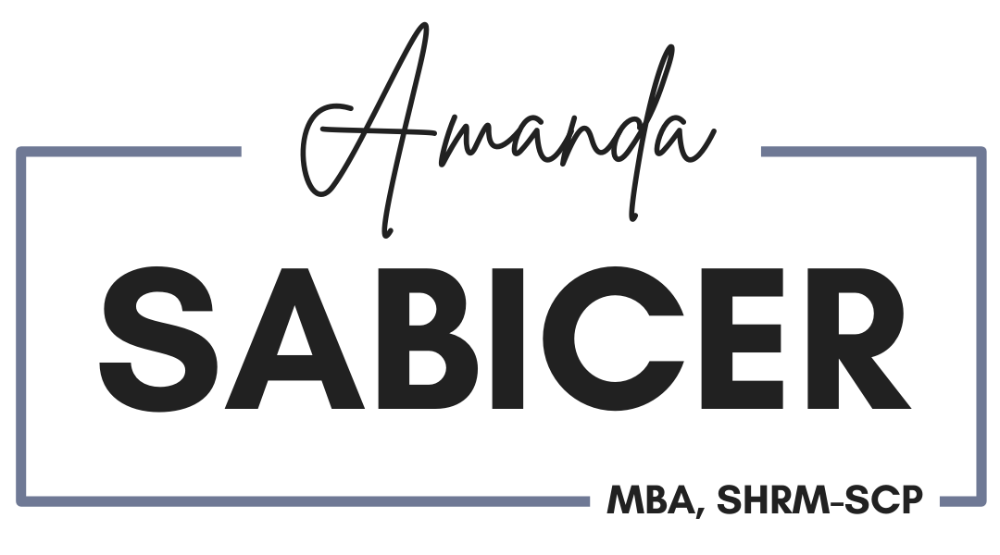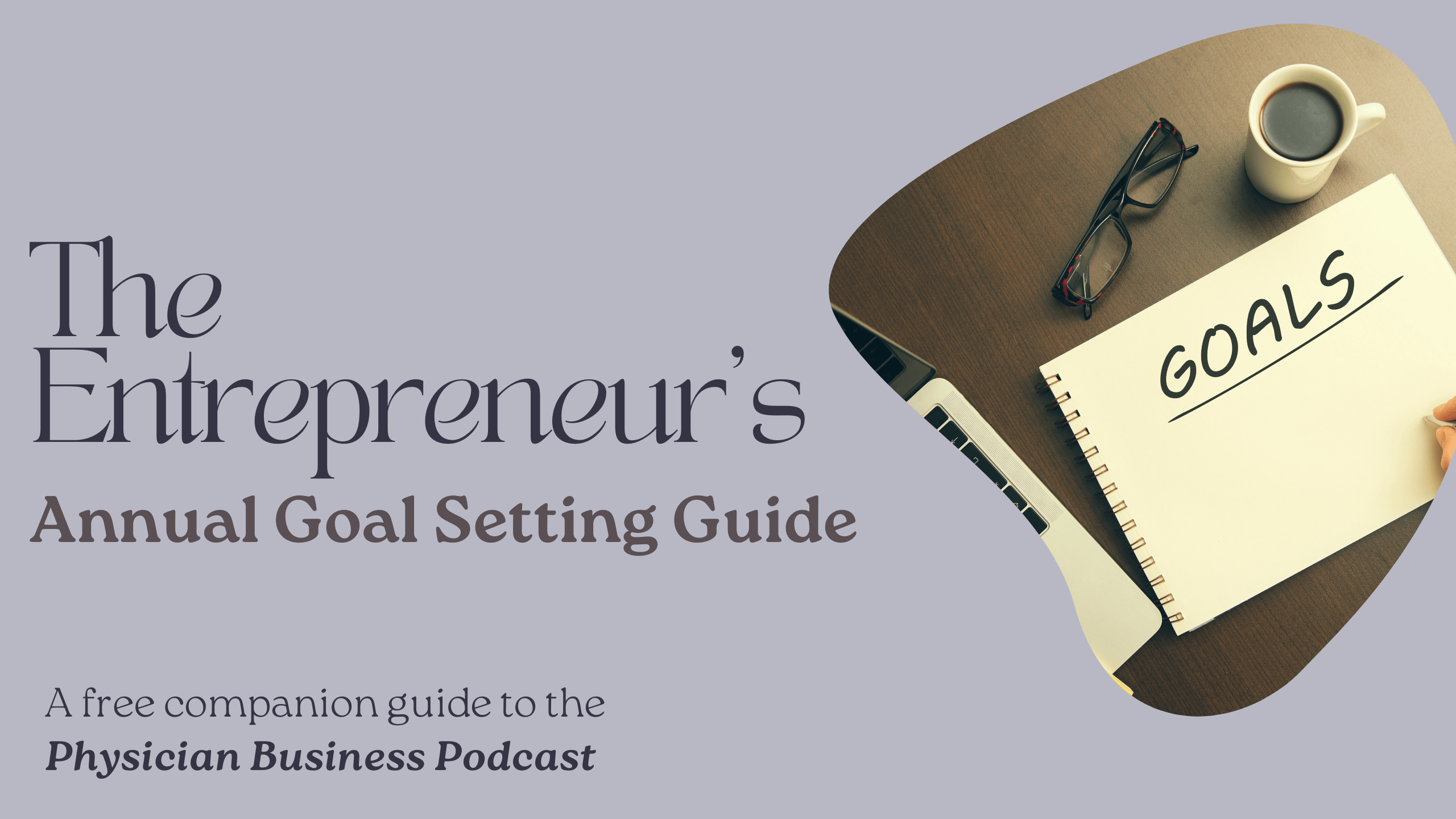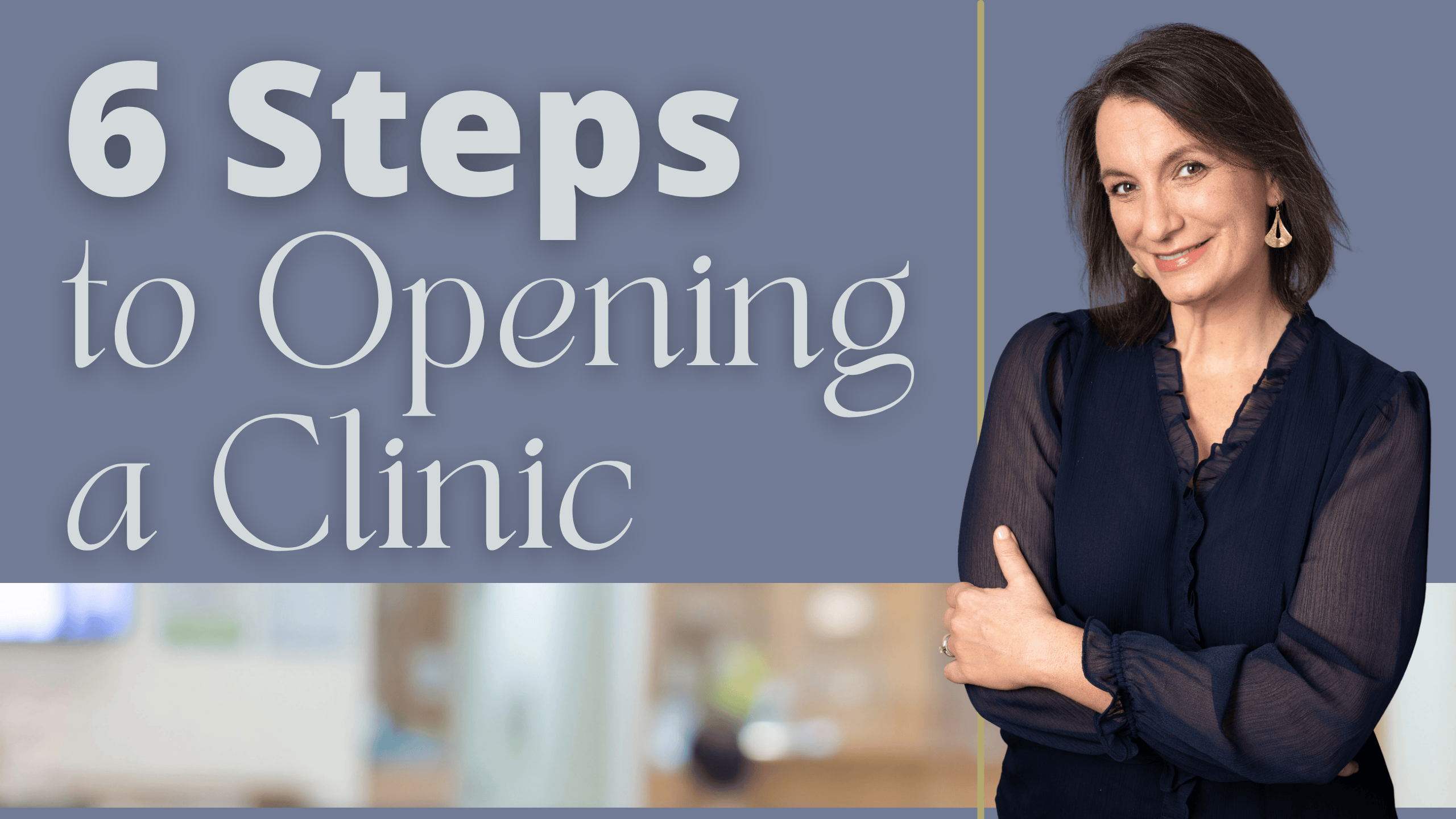12. Strategic Quitting and Growth Investments: Maximizing Any Learning Opportunity with Social Media Expert and Physician Matthea Rentea
Oct 01, 2025Have you ever spent thousands on a conference, mastermind, or retreat… only to come home feeling frustrated, disappointed, or just plain ripped off?
We’ve all been there—sinking time, energy, and money into events that promised transformation, only to leave with a stack of business cards and very little else. Sometimes you get lucky and walk away inspired. Other times, you wonder why you even bothered showing up.
But it’s not the venue, the speakers, or even the price tag that determines whether you grow. Two people can attend the same event—one leaves with clarity and direction, the other leaves annoyed and broke. The difference is how you show up and what you do with the experience.
After attending six events together in a single year—some incredible, some downright awful—my friend and social media expert Dr. Matthea Rentea and I discovered how to squeeze value out of any growth investment.
Here’s what we learned about turning even disappointing (or infuriating) events into powerful catalysts for change.
1. Don’t Confuse the Price Tag with the Value
It’s easy to assume that the fancier the hotel or the higher the ticket price, the more you’ll get out of it. But the reality is, a $5,000 mastermind can leave you with less impact than a $50 webinar.
We’ve sat in gorgeous ballrooms surrounded by “big name” speakers and still walked away thinking, that was it? On the flip side, we’ve had quick hallway chats or end-of-day debriefs that shifted our businesses more than three days of programming ever could.
The takeaway: stop outsourcing your results to the event. The magic is in what you do with it.
2. Contrast Brings Clarity
Sometimes the most valuable thing you can get from an event is realizing what isn’t for you.
At one conference, everyone around us seemed obsessed with purses, hot tubs, and showing off their latest buys. It didn’t take long before we realized, these are not our people. And while it was frustrating in the moment, it clarified what we actually wanted to focus on: compassion, health, and meaningful impact—not luxury goods.
Being in the wrong room can be just as powerful as being in the right one, because it shows you who you don’t want to be.
3. Master the Art of Strategic Quitting
Not every conference session deserves your time, but the key is to define what "quitting" means for you. Sometimes it means leaving entirely, other times it means not being so attached to what's happening and focusing on extracting value anyway.
We've sat through events where the stage was dominated by one perspective (think all-white, all-male panels) with advice that didn't resonate with us or the audience. After a couple days of simmering frustration, we made a decision: skip the sessions and create our own value.
But we didn't just walk away—we made strategic choices:
- We turned off our phones and committed to being present
- We committed to taking notes, even though the content wasn't amazing
- We used breaks to review those notes and turn them into discussion points
We spent lunch connecting with other attendees, swapping real stories, and building relationships that turned out to be the highlight of the entire event. The lunch table moment became our whole experience. That wasn't what we planned, but it was 100% what we needed.
Later, we talked to vendors—something we almost skipped. Initially we thought, "we don't want to talk to vendors," but after connecting with those women at lunch, we realized these vendors were there to help us. We had the best time talking to everybody because it became about connection, not sales.
As a business consultant, it was fascinating what I thought to ask the vendors versus what Matthea would ask. I’d ask things like, "Who's funding your company? Are you looking for an exit?" while she would ask about how effectively they addressed physicians’ pain points —questions I'd never know to ask but that are crucial if they are to be valuable vendors.
Walking out of a bad session isn't a failure. It's you taking back control of your experience.
4. Stay Engaged (Even If the Content is “Meh”)
Let’s be honest: after you’ve been to a few events, the content starts to repeat. You’ve heard the same frameworks, the same motivational speeches. It’s tempting to tune out (or, in some cases, do your taxes during a virtual event…guilty…).
But the trick is to show up with a beginner’s mindset. Take notes, ask questions, and use downtime to reflect with someone else. Sometimes it’s not about hearing something brand new—it’s about hearing it at the right time, or in the right way, for it to click.
5. Build in Time to Process
The event doesn’t end when you get on the plane. In fact, the most important part often happens after.
One of the most impactful practices we’ve built is blocking a full day after a conference to process what we learned. Review notes, highlight the “aha” moments, and pick one or two concrete actions to implement.
And sometimes, that reflection happens in silence—on a plane, in a shuttle, or even poolside. The pause is where clarity bubbles up.
6. Let It Get Messy
Growth isn’t always neat. Sometimes a “bad” event triggers anger, frustration, or even tears. But those emotions can actually be the spark for change.
One of my biggest breakthroughs came after a retreat when I felt so uncomfortable that I needed to have a good cry. Once I let myself process those emotions, I found a new sense of clarity about what I wanted to build and how I wanted to show up in the world.
The lesson? Don’t judge the messy moments. They’re often where transformation begins.
7. One Question To Rethink Your Entire Calendar - And Growth Trajectory
We were sitting in yet another conference, talking about the upcoming year, when Matthea turned to me and asked: "What should I do next year?” I answered her with a question of my own: “What do you need to invest in this next year to become the next version of yourself?"
It became instantly clear to Matthea that she needed to drop many of the conferences she had planned on attending and pivot. After leaving that conference, she dramatically changed many things because her focus was on how to best invest her time and energy to become the next version of her.
You can change direction and reprioritize. Think about which growth opportunities you choose to attend and be disciplined about whether they're helping you become the next version of yourself.
Not every shiny opportunity deserves your attention or your money. Be strategic about where you invest your growth budget and remember that no conference, mastermind, or retreat is going to magically change your life. That’s your job.
The venue, the speakers, the ticket price—they’re just the backdrop. What matters is how you engage, how you process, and how you follow through.
So the next time you’re staring at a disappointing agenda or a room that doesn’t feel like “your people,” remember this: you don’t have to wait for the event to hand you value. You can create it yourself.
Because real transformation isn’t about what’s on stage, it’s about how you show up.


